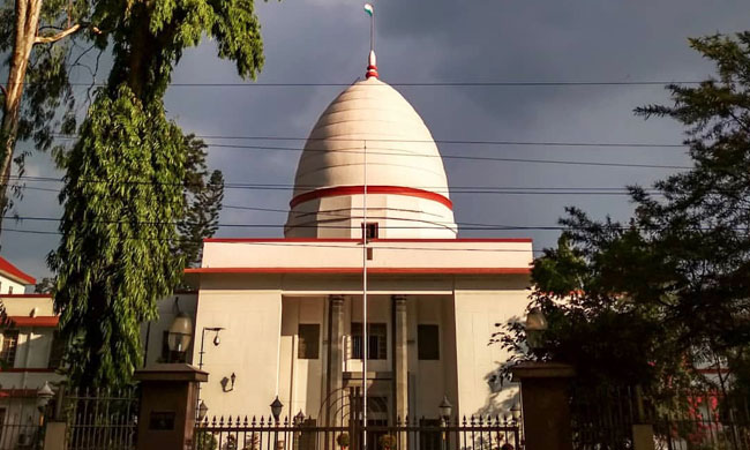POCSO Act | Court Must Corroborate Victim's Testimony If Found To Be Unreliable: Gauhati High Court
Udit Singh
28 April 2025 11:15 AM IST

Next Story
28 April 2025 11:15 AM IST
The Gauhati High Court recently set aside a conviction under Section 10 of the POCSO Act passed by the Trial Court on the ground that the victim's evidence was not found to be of sterling quality and was utilised without corroboration. The single judge bench of Justice Mridul Kumar Kalita observed:“This Court is of considered opinion that once it is found that the prosecutrix has not...
